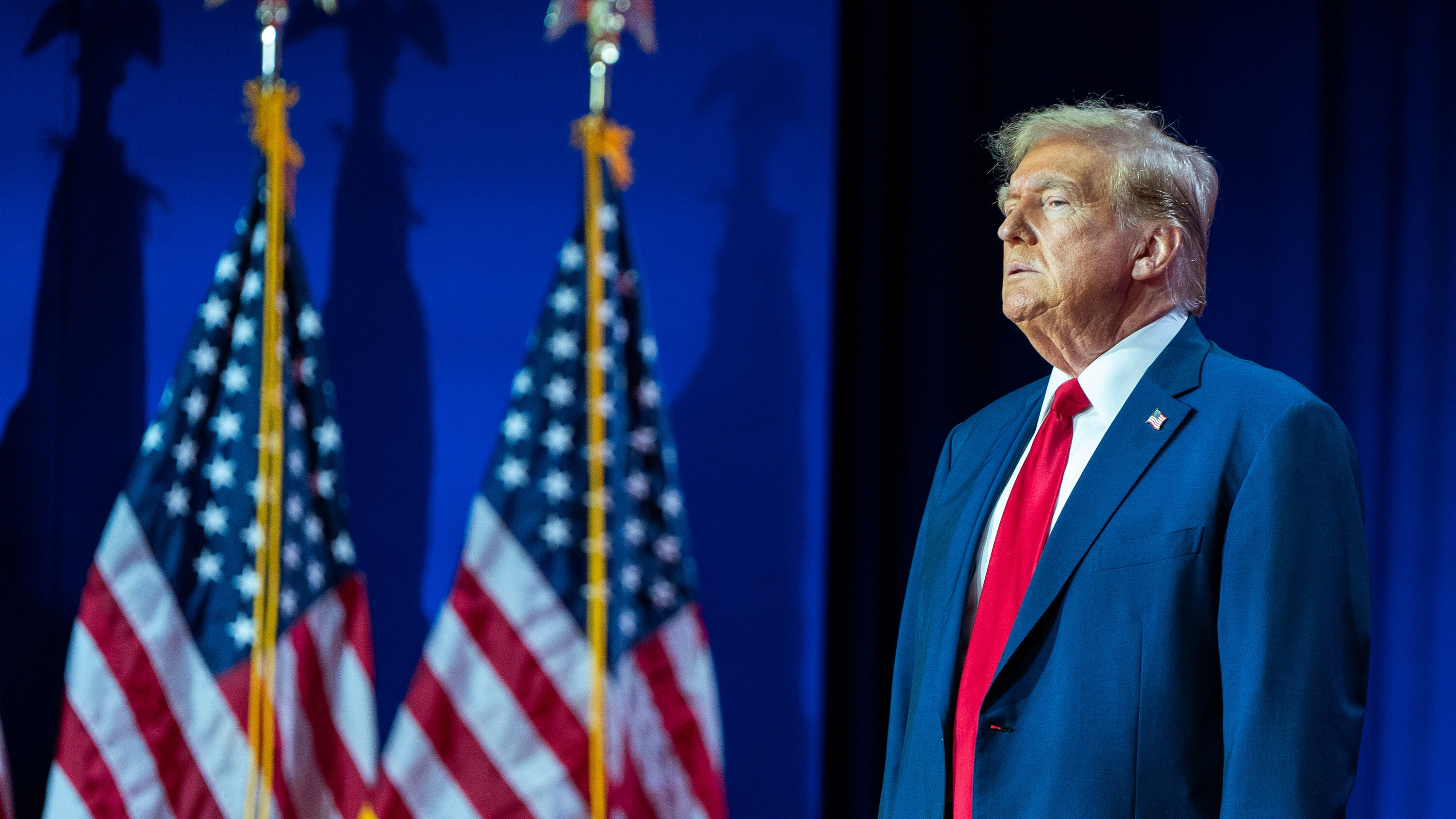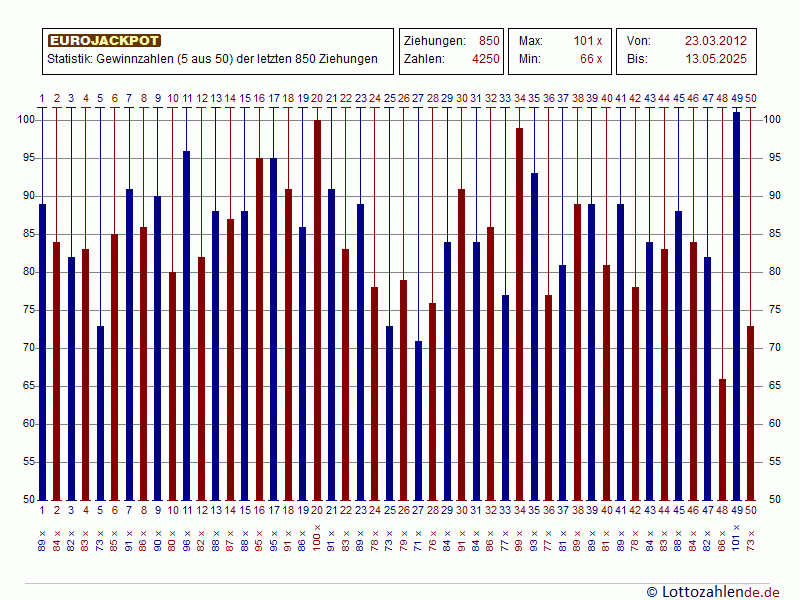Trump's Trade War: A Deep Dive Into The Impact On Affirm And Fintech IPOs

Table of Contents
The Trade War's Macroeconomic Impact on the Fintech Sector
Trump's trade war introduced considerable macroeconomic uncertainty. The imposition of tariffs led to increased prices for imported goods, fueling inflation and dampening consumer spending. This economic uncertainty significantly affected investor sentiment, particularly towards riskier assets such as Fintech IPOs. Investors, facing unpredictable market conditions, became more risk-averse, leading to a shift in investment strategies.
- Increased volatility in stock markets: The trade war created a climate of unpredictable market swings, making it difficult for investors to accurately assess the long-term value of Fintech companies.
- Reduced consumer spending due to tariffs: Higher prices on goods impacted disposable income, reducing consumer spending and affecting the revenue streams of businesses reliant on consumer credit, like Affirm.
- Higher borrowing costs for businesses: The economic uncertainty and increased inflation often lead to higher interest rates, making it more expensive for Fintech companies to secure funding and expand their operations.
- Difficulty in forecasting future revenue: The unpredictable nature of the trade war made it challenging for Fintech companies to accurately predict future revenue, creating further uncertainty for investors.
This ripple effect impacted the entire financial technology sector, impacting investment levels and the overall market valuation of financial technology companies. The increased market volatility created significant challenges for Fintechs seeking funding and going public.
Specific Impact on Affirm's Performance and IPO
Affirm, a leading buy now pay later company, operates in a sector particularly vulnerable to economic downturns. Consumer spending directly impacts its revenue, making it susceptible to macroeconomic shocks. The trade war's uncertainty significantly affected Affirm's growth trajectory in the lead-up to and following its IPO.
- Changes in consumer borrowing habits: Reduced consumer spending and economic uncertainty led to changes in consumer borrowing habits, potentially impacting Affirm's transaction volume.
- Impact on merchant partnerships: The trade war's negative impact on retail sales could have affected Affirm's merchant partnerships, potentially impacting the number of merchants offering Affirm as a payment option.
- Shifts in investor perception of the company's long-term viability: The overall economic uncertainty created doubt about Affirm's long-term growth prospects, influencing investor confidence and the company’s valuation.
- Analysis of Affirm's stock performance post-IPO in relation to the trade war's timeline: A detailed analysis would show how Affirm's stock price correlated with the escalating and de-escalating phases of the trade war, highlighting the sensitivity of its valuation to broader economic factors.
Understanding Affirm's performance requires analyzing its "buy now pay later" model within the context of fluctuating consumer credit availability and demand during the period of the trade war.
The Broader Fintech IPO Landscape During the Trade War
The Trump-era trade war significantly impacted the overall Fintech IPO landscape. The success rate and valuations of Fintech IPOs during this period were noticeably affected by the increased economic uncertainty and risk aversion among investors.
- Examples of other Fintech IPOs and their performance: Examining other Fintech companies that went public around the same time as Affirm would help to establish a comparative benchmark of performance during the trade war. Did other consumer-focused Fintechs face similar challenges?
- Analysis of successful vs. unsuccessful IPOs in the context of the trade war: Comparing companies with strong fundamentals and resilience against those that faltered during the trade war sheds light on the factors that contributed to success or failure.
- How investor appetite for risk changed during this period: Tracking shifts in investor risk tolerance during the trade war is essential for understanding the overall impact on Fintech IPO valuations and the success of offerings.
The impact of "Fintech funding" and "IPO valuation" during this period is significantly linked to prevailing "market conditions" and investor sentiment.
Lessons Learned and Future Implications
The experience of the Fintech sector during Trump's trade war offers crucial lessons for investors and entrepreneurs. The increased economic volatility underscored the importance of robust risk management and highlighted the interconnectedness of global trade policies with domestic financial markets.
- Increased focus on risk management in Fintech investments: The trade war emphasized the need for more sophisticated risk assessment models that account for macroeconomic factors beyond traditional financial metrics.
- Changes in regulatory approaches to the Fintech industry: The events may have influenced regulatory responses to the industry, pushing for greater scrutiny and stricter compliance requirements.
- Long-term effects on consumer spending and borrowing patterns: The trade war's effects on consumer behavior and credit markets might have long-term implications for the growth and profitability of Fintech companies.
Understanding "risk assessment" and ensuring "regulatory compliance" will be key to navigating the long-term "outlook" for Fintech companies.
Conclusion:
Trump's trade war created significant economic uncertainty, impacting investor confidence and significantly affecting the Fintech IPO landscape. Companies like Affirm, operating in sectors sensitive to consumer spending, experienced the direct consequences of this instability. Analyzing the performance of Affirm and other Fintech IPOs during this period reveals valuable insights into the interplay between global trade policies and financial markets. Understanding the impact of global trade policies on the Fintech sector is crucial for investors and entrepreneurs alike. Continue researching the effects of Trump’s trade war and other geopolitical events on Fintech IPOs and Affirm to make informed decisions.

Featured Posts
-
 Maerz 2025 Eurojackpot Ergebnisse And Gewinnzahlen
May 14, 2025
Maerz 2025 Eurojackpot Ergebnisse And Gewinnzahlen
May 14, 2025 -
 Chime Ipo A Look At The Digital Banks Financial Performance And Future Plans
May 14, 2025
Chime Ipo A Look At The Digital Banks Financial Performance And Future Plans
May 14, 2025 -
 Dozens Of Eurovision Stars Call For Israels Ban In 2025
May 14, 2025
Dozens Of Eurovision Stars Call For Israels Ban In 2025
May 14, 2025 -
 Patike Poput Novakovikh Tsena Od 1 500 Evra I Shta Dobi Ate
May 14, 2025
Patike Poput Novakovikh Tsena Od 1 500 Evra I Shta Dobi Ate
May 14, 2025 -
 Liverpool Targets Teammate Hints At Summer Transfer
May 14, 2025
Liverpool Targets Teammate Hints At Summer Transfer
May 14, 2025
